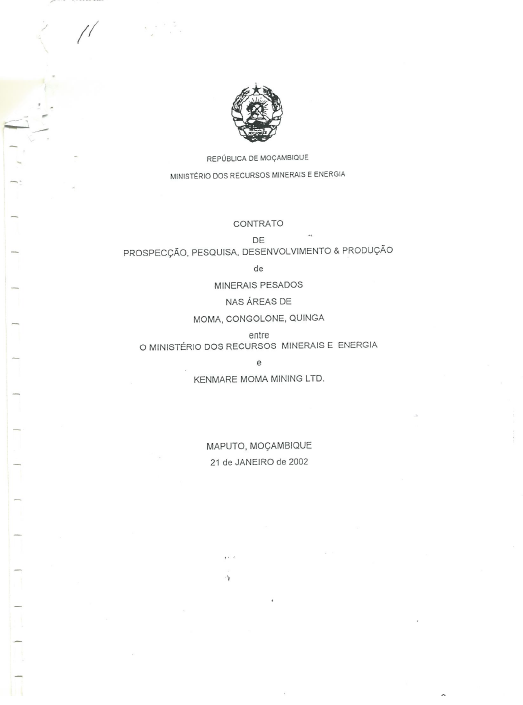ECONOMIC NON-VIABILITY, HUNGER AND MIGRATION: THE CASE OF MAWCHI TOWNSHIP
Mawchi is a township in Northwest Karenni that was once a successful mining town. It was often referred to as 'little England' because of the life style on display there and its accompanying standards of living. Private British business interests developed the mines in Mawchi between the world wars, but the local economy began to decline, with the rest of Burma, with Ne Win’s Burmese Way to Socialism. The economy of Mawchi, and the standard of living for people in the Township, has continued to decline across successive military governments.





